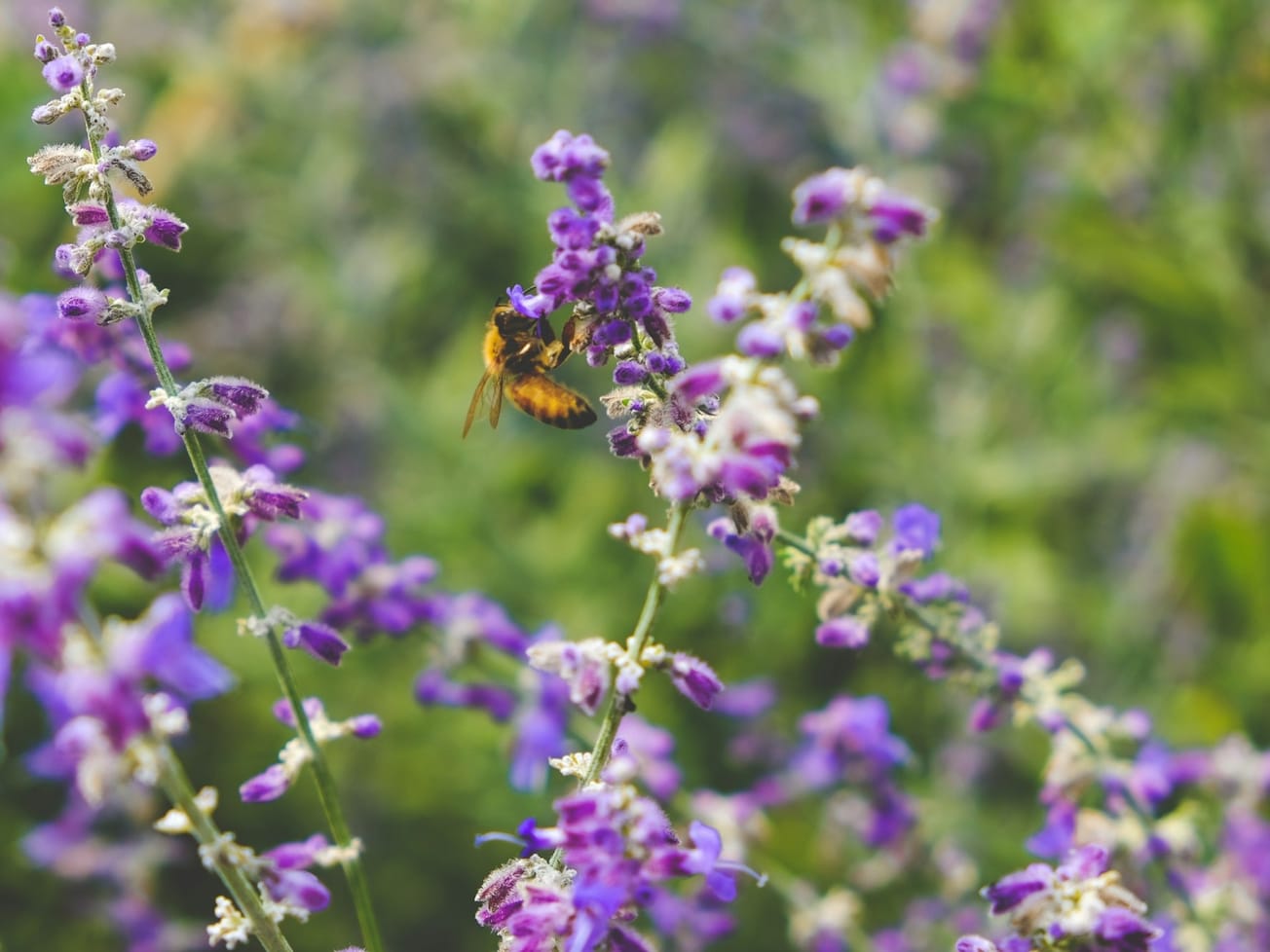A United Nations biodiversity summit this fall seeks to give Indigenous and local communities a bigger slice of the "multitrillion-dollar revenues and other benefits“ from the DNA sequences of plants, animals and microbes.
The move comes as Germany's Astrid Schomaker, a high-ranking European Commission environmental official, became executive secretary of the U.N. Convention on Biological Diversity on Monday.








